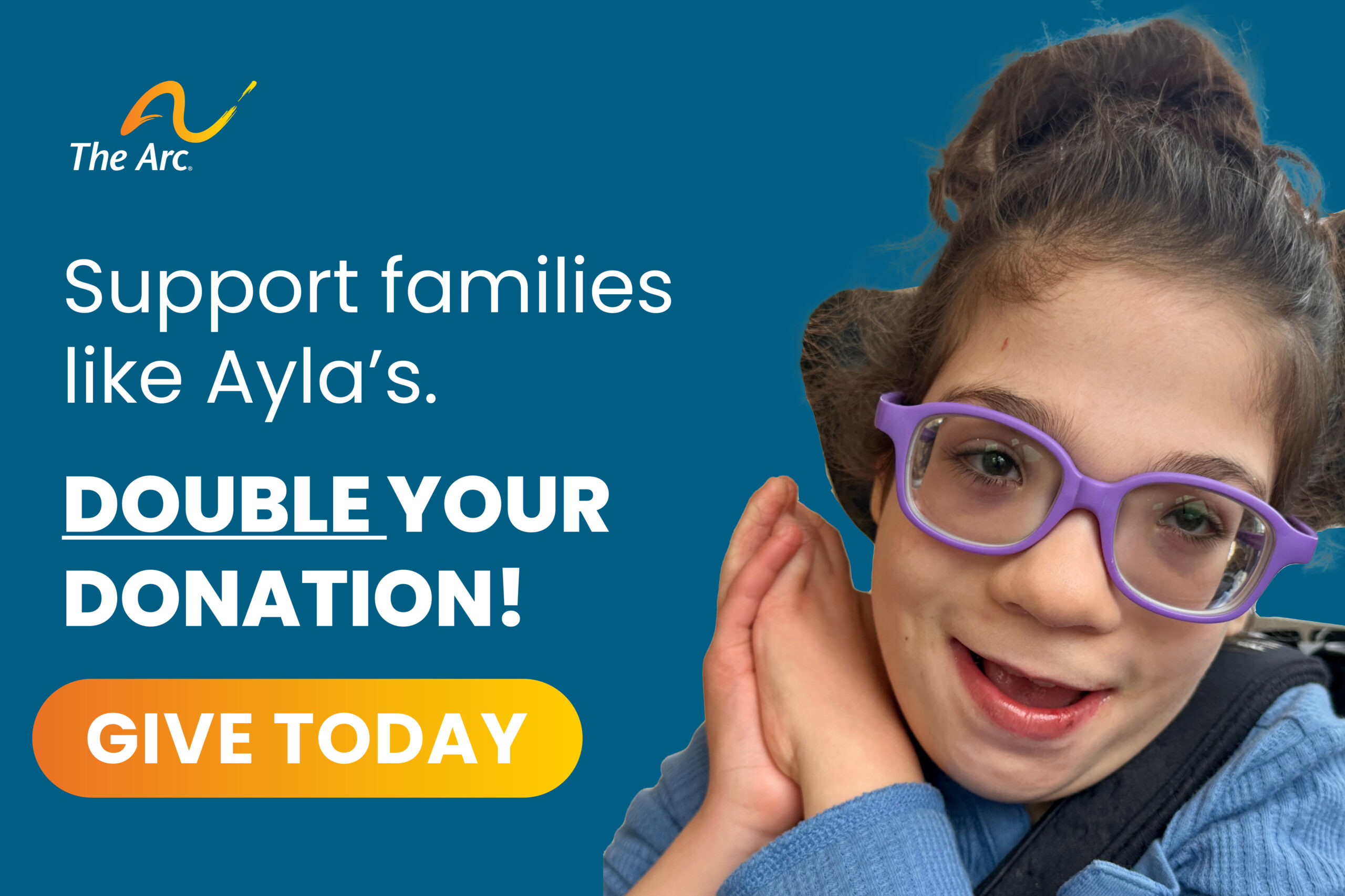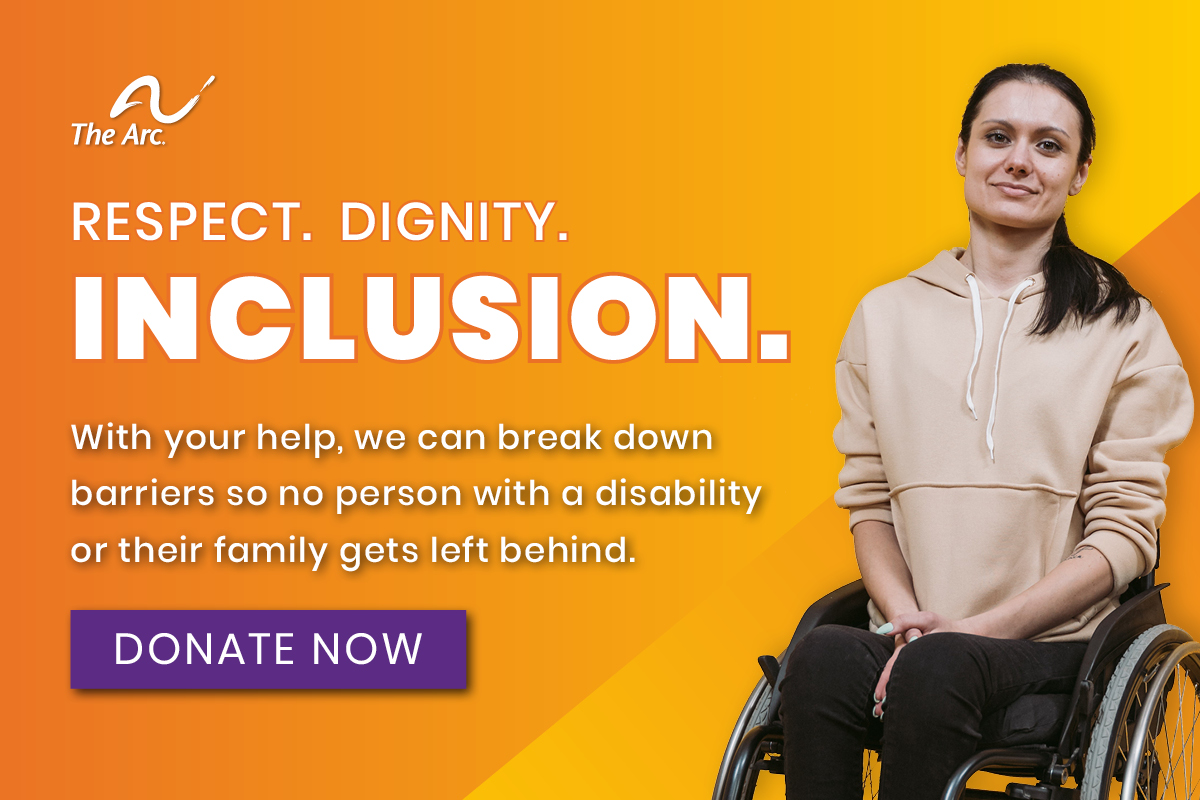Contents
- Introduction
- The Four Principles of Self-Determination
- Principles of Self-Determination – What Does It Really Mean?
Introduction
Self-determination means that all people have the right to direct their futures; have control over how they live their lives, where, and with whom; and have authority over the resources that support them.
Understanding of and commitment to the following principles are essential to ensure this basic human right is respected.
The Four Principles of Self-Determination
There are four Principles of Self-Determination:
- Freedom: The exercise of the same rights as all citizens. People with disabilities, with assistance when necessary, will establish where they want to live, with whom they want to live and how their time will be occupied. They do not have to trade their inalienable rights guaranteed under the Constitution for supports or services.
- Authority: The control of whatever sums of money are needed for one’s own support, including the re-prioritizing of these dollars when necessary. This is accomplished through the development of an individual budget that “moves” with the person.
- Support: The organization of these resources as determined by the person with a disability. This means that individuals do not receive “supervision” and “staffing”. Rather, folks with disabilities may seek companionship for support and contract for any number of discrete tasks for which they need assistance.
- Responsibility: The wise use of public dollars. Dollars are now being used as an investment in a person’s life and not handled as resources to purchase services or slots. Responsibility includes the ordinary obligations of American citizens and allows individuals to contribute to their communities in meaningful ways.
Principles of Self-Determination – What Does It Really Mean?
From the Robert Wood Johnson Foundation’s National Program Self-Determination for Persons with Developmental Disabilities:
Freedom. . . to plan a real life
The ability for a person with a disability, along with freely chosen family and friends, to plan their own lives, with necessary support, rather than purchase a program.
Authority. . . over your resources
The ability of a person with a disability to control a certain sum of dollars in order to purchase supports.
Support. . . . for building a life in your community
The arranging of resources and personnel — both formal and informal — that will assist a person with a disability to live a life in the community that is rich in social associations and contributions.
Responsibility. . . to give back to your community
The acceptance of a valued role in a person’s community through competitive employment, organizational affiliations, spiritual development and general caring for others in the community, as well as accountability for spending public dollars in ways that are life enhancing for persons with disabilities.
Self-determination is:
- Having a choice
- Knowing more about ourselves
- Having dreams and goals and going after them
- Being in control
- Making our own decisions
- Spending money our way


